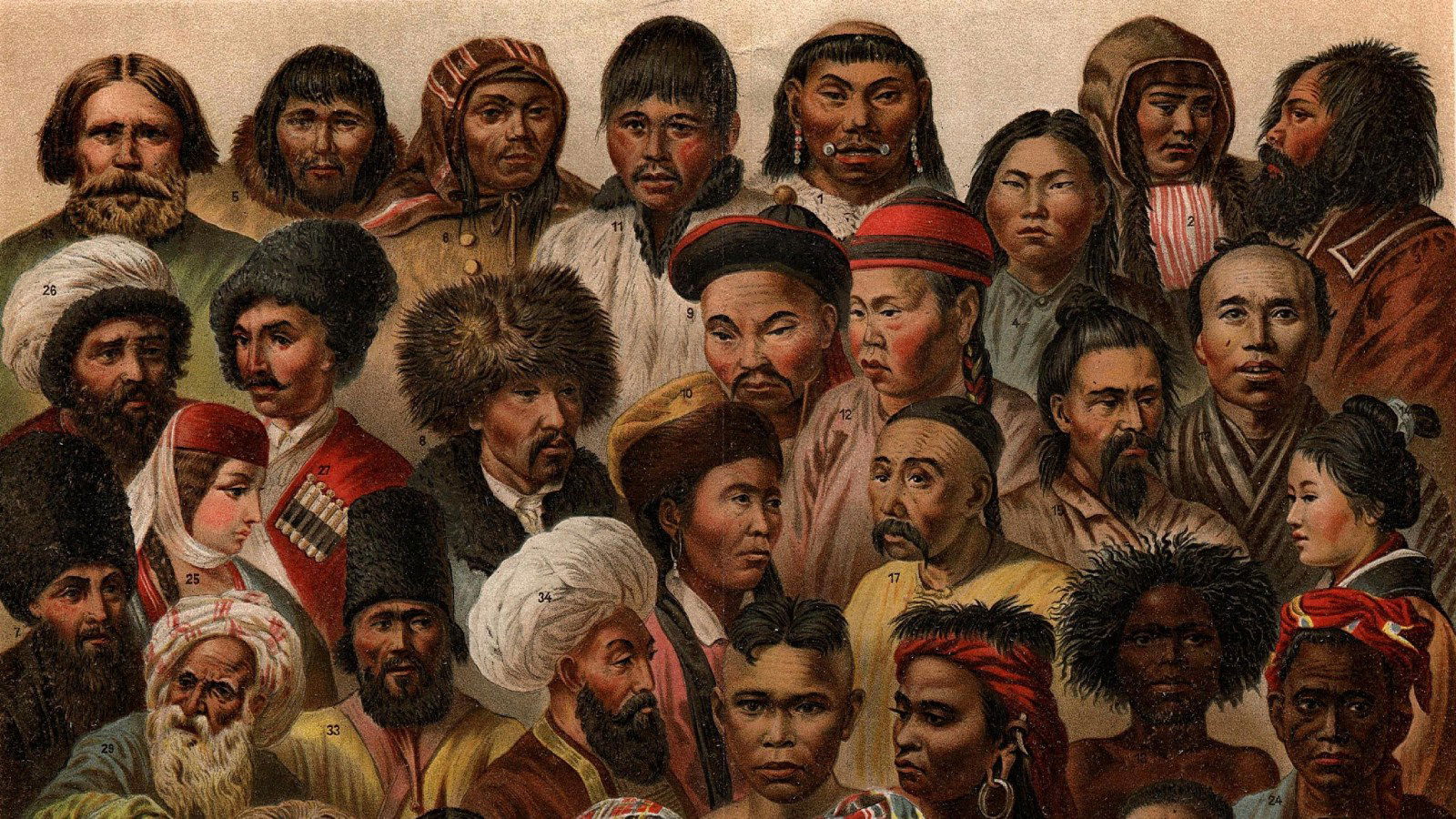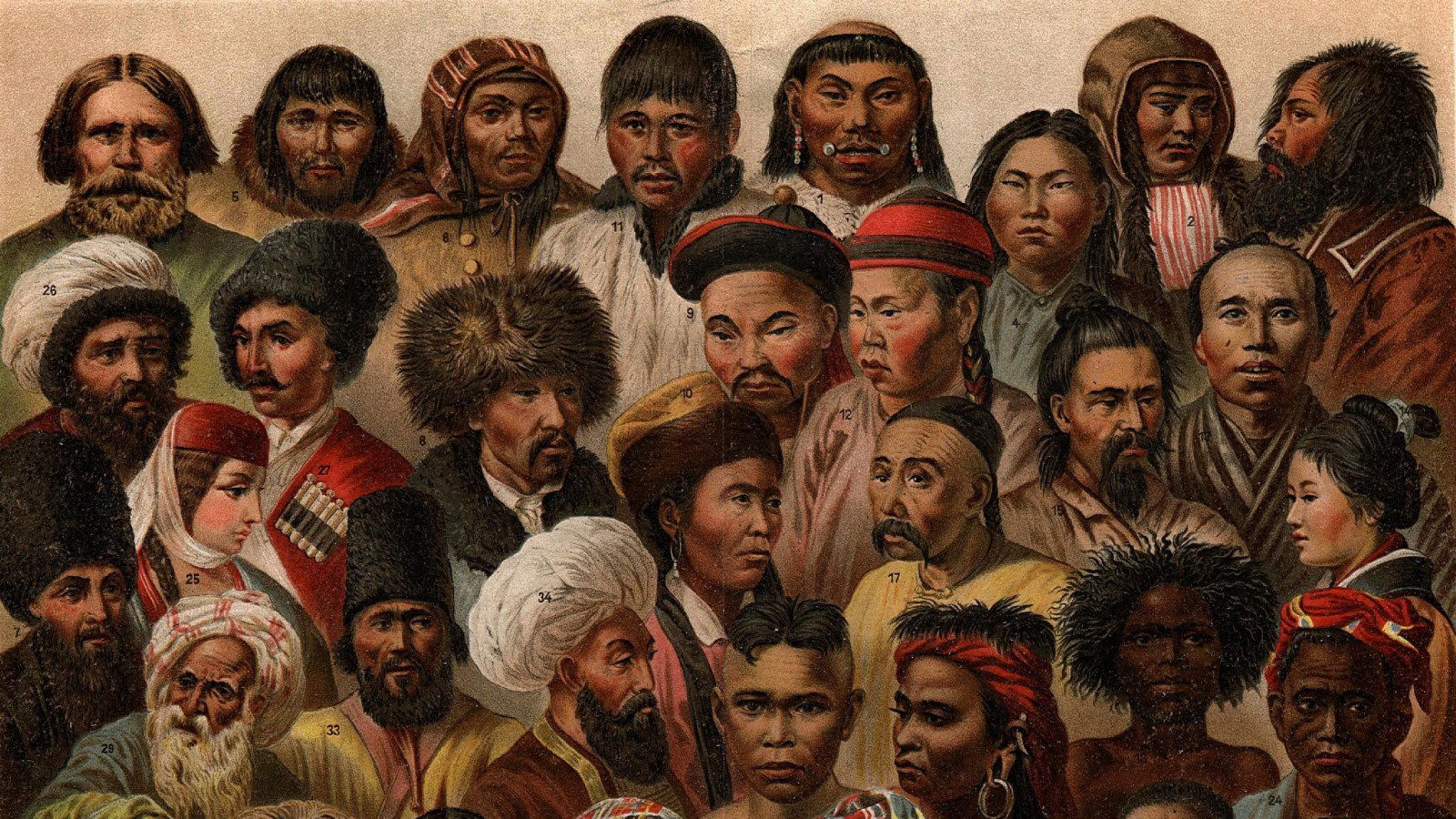How Saving Languages Can Save the World!

Language holds the key to our history—the backlog of our generational wisdom and the tales of our societies’ changes, passed down orally or transcribed in hope that someone in the future will pick it up and read. But if there is no one left who knows the language it was delivered in… where does that knowledge go? And will we ever know what the original speaker really meant?
In this article, we’re taking a look at how two languages, and the knowledge they pass down, are being preserved in unique ways at opposite ends of the world!

More and more we’re seeing languages struggle to stay alive—half of the worlds 7,000 languages are at risk of dying in the next century.
And with that, we’re losing access to written and oral accounts of what it means to be human; how to mend ourselves, grow plentiful nutritious food, celebrate, and make educated decisions. (I believe we call them “life-hacks”.)
But this is a problem we are tackling! Did you know there are many people out there working tirelessly to save these languages from extinction so that we can keep access to these parts of our humanity? In the face of the digital age, this is not an easy, nor cheap, fear
So we’re traveling to Iceland and Hawaii to have a look at two of these efforts!
“The limits of my language are the limits of my world.” ‒Ludwig Wittgenstein
What Losing Languages Means for the World
In an article from 2018, National Geographic reports that “between 1950 and 2010, 230 languages went extinct, according to the UNESCO Atlas of the World’s Languages in Danger. Today, a third of the world’s languages have fewer than 1,000 speakers left. Every two weeks a language dies with its last speaker, 50 to 90 percent of them are predicted to disappear by the next century.” 1
Those are scary figures, sure, but what does this mean for us right now?
Well, one of the coolest characteristics of us humans is how much we grow when we share our experiences with each other. The fact that we can directly communicate exactly how we do something gives us the ability to share tactics and find the one best suitable for the job. Trial and error. Collaboration. Thousands of years of knowledge are locked up in language.
So, to put it concisely: Losing languages stops progress. We need those depictions of the past, and the stories that come with them, to build upon and create healthier environments for ourselves. And if we don’t do something to stop them from dying out now, it will only become more difficult to tap into this knowledge in the future when people aren’t fluently speaking the languages.



